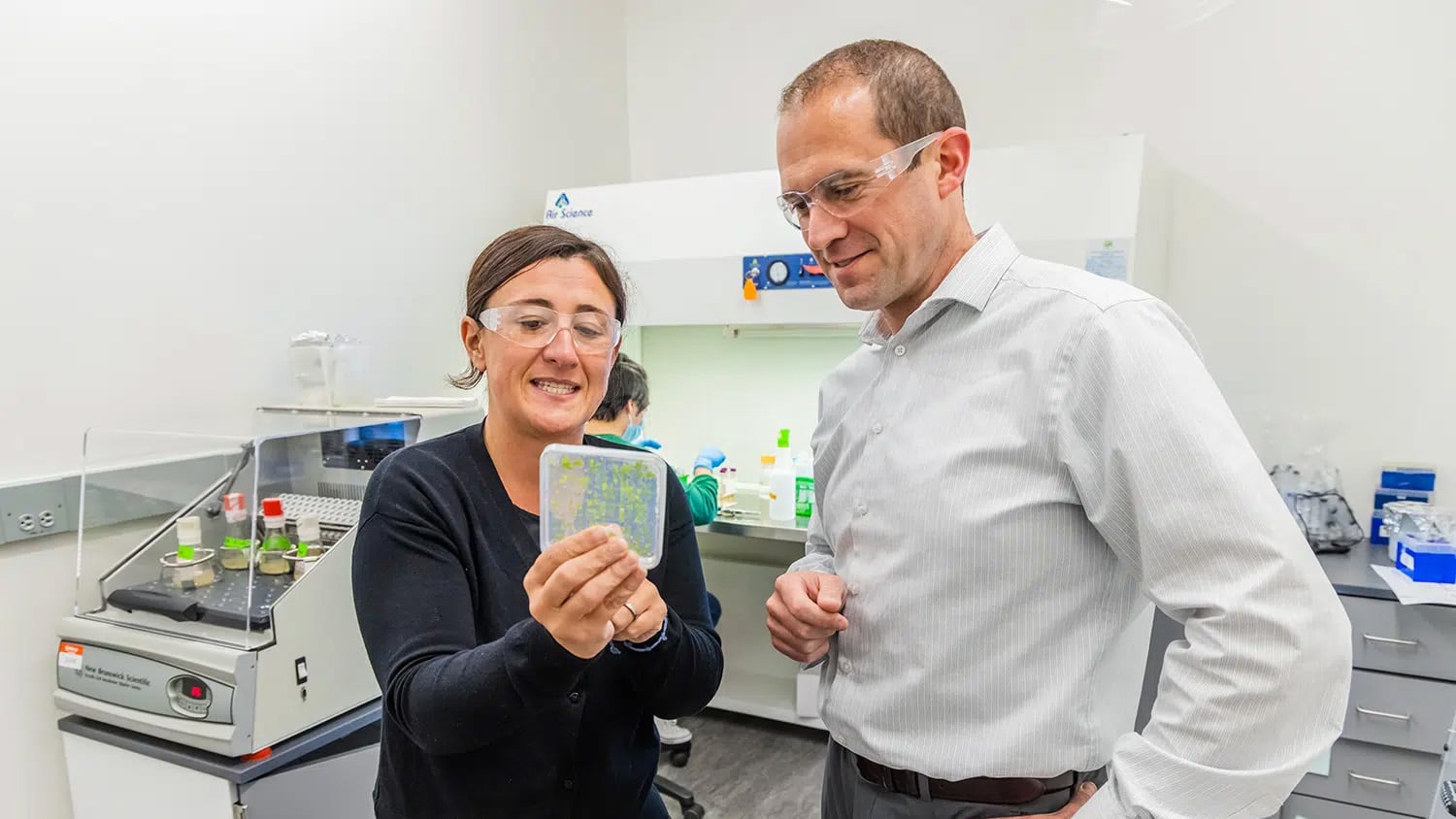Dr. Ruben Carbonell
Dr. Ruben Carbonell, Frank Hawkins Kenan Distinguished Professor of Chemical and Biomolecular Engineering, has developed a blood filter that could greatly reduce the threat posed by variant Creutzfeldt-Jakob Disease (CJD), a devastating brain infection related to mad cow disease.
Incurable and fatal, variant CJD became a major concern in the United Kingdom in the 1980s. CJD is caused by the proliferation of prions, or deformed proteins, in the brain. These oddly folded proteins induce other proteins to develop abnormal structures, eventually forming plaque, creating holes in the brain and causing dementia.
While consuming tainted meat was the most common cause of CJD, blood transfusions were increasingly seen as potential vehicles for infection. Fearing that danger, the American Red Cross approached Carbonell, who had studied small molecules that could bind to specific proteins, about finding a way to filter prion infectivity and ensure the safety of donated blood.
Carbonell identified molecules that bound to prions and sequenced them to ascertain their structures for mass replication. He implanted them in porous plastic particles and, using a process developed by the Nonwovens Cooperative Research Center in the College of Textiles, put them into nonwoven fabric. Pieces of fabric were layered atop each other to create a prototype filter. In lab testing, hamsters who received filtered blood showed no signs of CJD, while hamsters receiving unfiltered blood all developed symptoms.
“The results were quite stunning,” Carbonell said in 2010.
- Categories:


